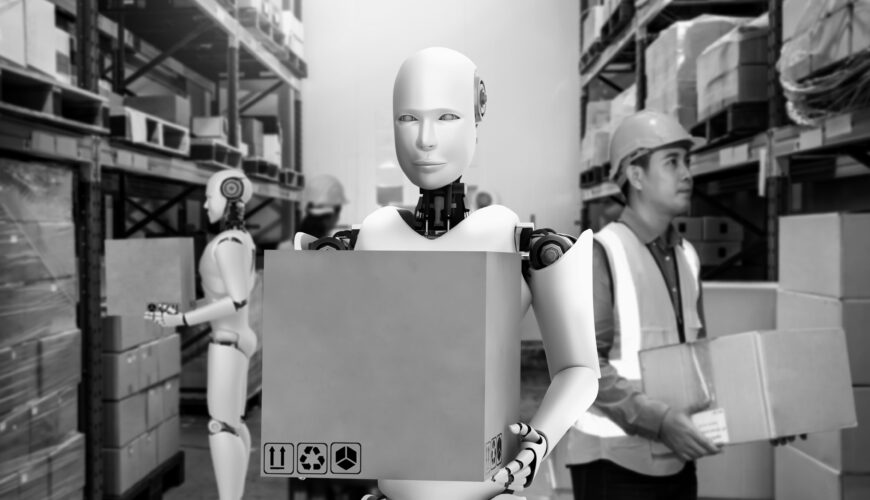You can go back to George Orwell’s “1984” if you want to find some of the earliest predictions about the rise of the machines and how they’d be replacing humans. While few have believed the day would come, with AI knocking on supply chain management’s door, it’s fair to say some jobs may disappear. Warehousing and transportation are particularly ripe for AI’s ability to transform, and that may be the first place you see a shift from humans to machines. Already, robots are becoming familiar on the warehousing floor, some trucks can operate autonomously, and some parcel carriers are testing drones for package delivery. These all represent good shifts that can help keep warehousing and transportation humming along in the face of a labor shortage.
How The Rise of The Machines Using AI Will Take Over
Expect generative AI, on the other hand, to work its magic on the front-end of operations, helping to accurately predict demand and potential disruptions. This will help drastically improve scheduling for supply chain partners, increasing dependability and trust. In time, the hope is that AI’s ability to predict arrival times and identify potential snags along the way will help companies better manage inventories and reduce costs. Some transportation companies are already putting early generations to work, using its analytics to help advise customers on the best transportation modalities and routes.
The question is—how many supply chain management jobs will disappear in the face of new technology? Certainly, some in the more traditional setting. But at the same time, as we’ve seen in the past, technology advances often bring the opportunity for job creation, as well. Think of specific types of engineers, for instance, who know how to train AI. Those are jobs of the future and represent what may be a disparity in which types of jobs remain and which disappear in the face of AI. Some of this shift may fall along white-collar and blue-collar positions, the latter more likely to go to machines.
How AI Machines Affects Third-Party Logistics
Another part of the industry that may get replaced due to the rise of the machines using AI is third-party logistics (3PL) providers. Many of the tasks that 3PLs pick up for their clients have the potential to move back in house thanks to technology advances. Machine learning is evolving to a place where AI “knowledge assistants” can manage goods ordering thanks to the insights they can provide. These assistants will be capable of quickly and accurately analyzing data, replacing the need for large-scale input from departments like sales, marketing, and procurement. What’s more, such a scenario would reduce the need for in-person collaboration and communication among these teams, as it would seamlessly share the data across the board. There are even burgeoning AI companies aimed at managing sales negotiations.
Expect big logistics companies to invest heavily in the tools that will advance supply chain management. Machines will replace humans in some arenas but may also provide opportunity for new careers and positions we once never imagined.
Smart supply chain management will require keeping a finger on the AI pulse going forward. Contact OPSdesign today for all your supply chain consulting needs.


